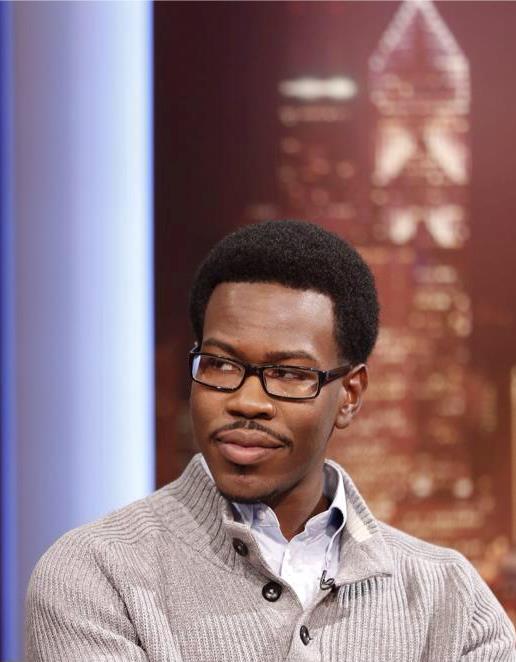Reason to Be Optimistic About the Future of Race Relations in America

By:
Black and white Americans—as shown by data, social media and “real life”—often cast U.S. race relations in vastly different lights. But beyond that persistent divide, more people might be seeing a vital issue that demands attention.
From July 14 to 20, Pew Research conducted phone interviews with more than 2,000 adults across the U.S., asking “how big a problem is racism in our society?” The results were published earlier this month.
- Half of the respondents identified racism as a big problem, a much bigger share than in 2010, when only one third answered that way. It was an even bigger share compared to 2009 when just more than a quarter said the same.
- About 73 percent of blacks and 58 percent of Latinos described race as a big problem. Only 44 percent of whites agreed. However, the percentage has risen 17 points since 2010.
The survey also asked whether the U.S. has done enough to establish equal rights between blacks and whites. Compared to last year, fewer respondents were satisfied with the country’s performance.
- About 60 percent said the U.S. has to make changes, compared to 43 percent last year.
- About one third said our country does not need to make changes, compared to 49 percent last year.
Last year, only 39 percent of whites said more needs to be done compared to 53 percent in the latest Pew poll. And while the vast majority of blacks typically say more changes are due, Pew noted, “the share saying this now (86 percent) is greater than in the past.”
A recent New York Times/CBS poll of about 1,200 people found they had some of the worst perceptions about U.S. race relations recorded by the poll since the aftermath of the Rodney King beating. The bleaker picture they saw, however, doesn’t necessarily spell a bleaker situation for race relations.
This data could mean that perhaps Americans are not necessarily getting more pessimistic about race. They could just be growing more realistic about race.
David A. Graham reasoned in the Atlantic last month: “this theory—that what’s driving these bleak impressions about race relations is whites awakening to realities that were always extant but had been invisible to them—suggests that the results may actually be cause for optimism”
“Actively grappling with racial tensions is crucial to solving them; ignoring them may obscure the wounds, but it won’t heal them. Although more bleakly realistic perceptions of race relations may not lead to improvement, they are a prerequisite to bridging the divide and producing a more positive view of relations between blacks and whites.”
